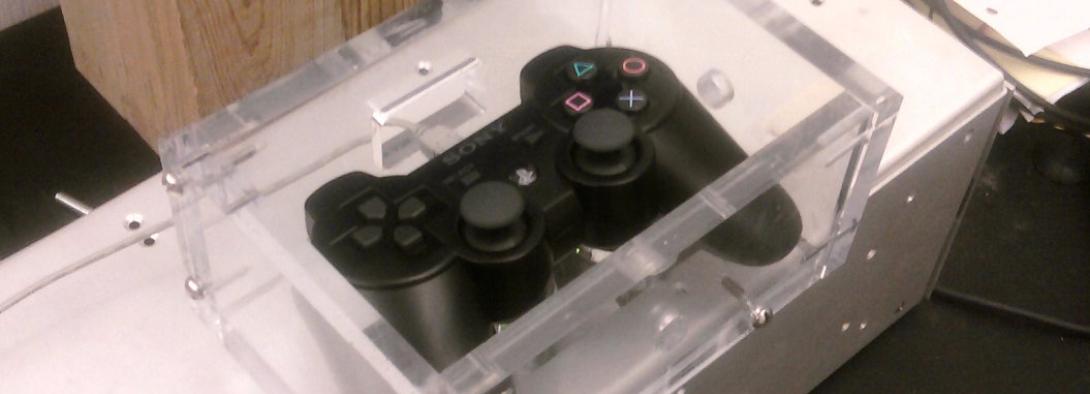As yet underdeveloped is the psychology of human learning as it pertains to manual control tasks in fully dynamic, multi-degree-of-freedom domains. While we currently possess the capacity to teach these tasks, we are unable to predict how well people will do in these domains or how rapidly they will learn.
This project studies human performance and acquisition of sensorimotor tasks in real and virtual environments. Human motion data and performance of various skills by performers who exhibit linear performance gains are being analyzed and compared to data for subjects who rapidly acquire skill and exhibit nonlinear performance gains. This data will lead to development of more accurate models of sensorimotor skill acquisition, and doing this should lead to improved understanding of training methods in human motor learning domains.
The tasks involved in this project make use of the Nintendo’s Wiimote and Sony’s Playstation 3 Sixaxis controllers as motion capture platforms and Neverball (an open source game which we run in Windows) as the task platform.
Additionally, to test the validity of the gaming controllers as motion capture devices we ran experiments to compare the accelerations of the gaming controllers with double differentiated position signals (from a high resolution encoder). To further validate the use of gaming controllers as motion capture devices we are running experiments to compare the performance of these gaming controllers with a six camera motion capture system. The experiments include comparing the gravity compensated accelerations from the accelerometers of the Wiimote and the Sixaxis controllers with the double differentiated camera position data.

